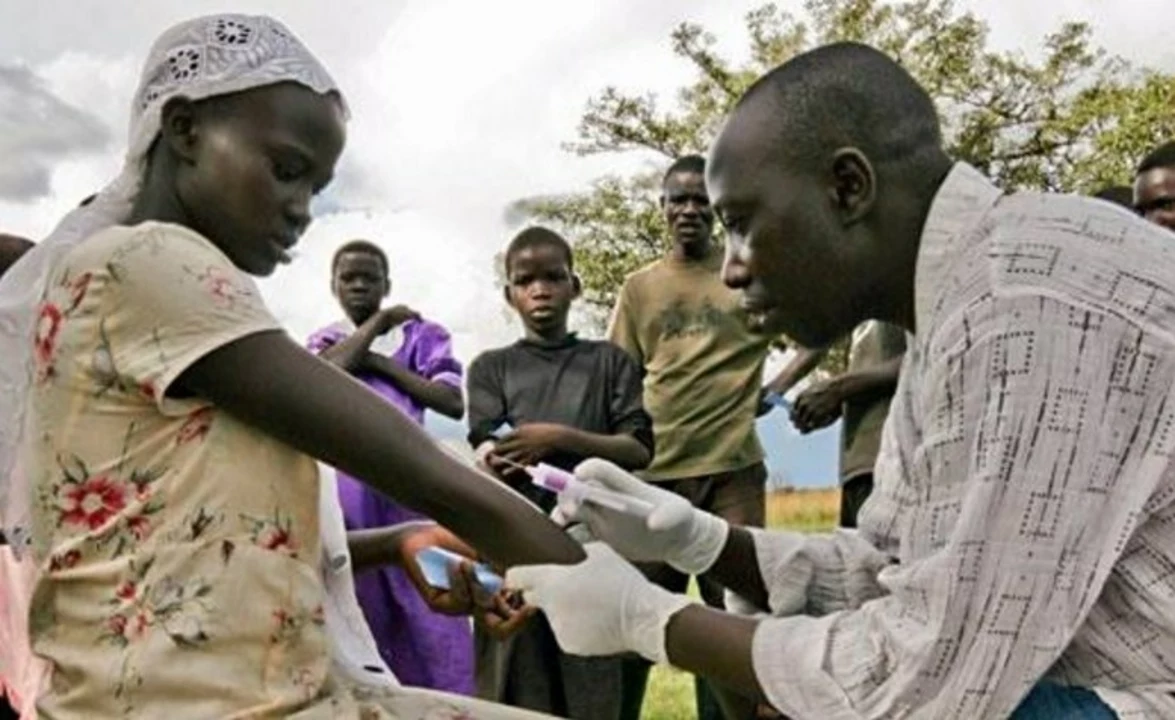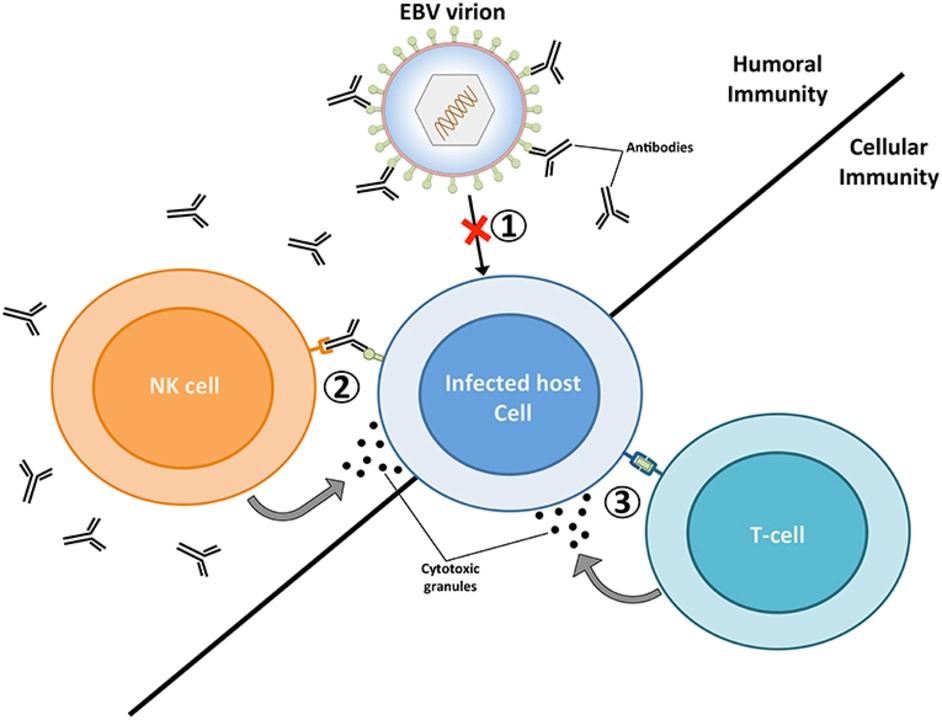Parasitic infections: symptoms, prevention, and treatment
Parasitic infections affect people everywhere. Some are obvious, like itchy scabies or lice. Others hide in the gut and cause vague symptoms for months. Knowing how parasites spread, what signs to watch for, and which tests and medicines work can save time and reduce complications. This page gives clear, practical steps you can use right away.
How parasitic infections spread and show up
Parasites fall into three groups: protozoa (single-celled, e.g., Giardia, Entamoeba), helminths (worms, e.g., roundworm, hookworm, tapeworm), and ectoparasites (live on skin, e.g., lice, scabies). You catch them in different ways: swallowing contaminated water or food, walking barefoot on contaminated soil, contact with infected people or animals, and sometimes through undercooked meat or raw fish.
Symptoms vary. Stomach parasites often cause diarrhea, gas, belly pain, bloating, weight loss, or fatigue. Worms can cause anemia, coughing, or visible worms in stool. Skin parasites cause itching, rashes, or sores. If you have unexplained digestive symptoms after travel, a new pet, or outdoor exposure, think parasitic infection.
Diagnosis starts with a healthcare visit. Doctors commonly order stool tests to look for eggs, larvae, or protozoa. Blood tests can show eosinophilia or specific antibodies. In some cases imaging or PCR testing helps. Don’t expect a single test to catch every parasite; labs may need multiple stool samples or targeted tests based on your history.
Prevention and treatment — practical tips
Simple prevention works well. Wash hands with soap after using the toilet and before eating. Drink bottled or filtered water when traveling in areas with poor sanitation. Cook meat and fish to safe temperatures and wash produce thoroughly. Wear shoes outdoors in areas where soil may be contaminated. Keep household pets treated for parasites and avoid contact with others’ bedding or clothing if lice or scabies are suspected.
Treatment depends on the parasite. Common drugs include metronidazole or tinidazole for Giardia and Entamoeba, albendazole or mebendazole for many intestinal worms, ivermectin for strongyloidiasis and scabies, and praziquantel for tapeworms. Always follow a doctor’s prescription—dosing and duration matter. Some infections need repeat stool checks after treatment to confirm cure.
When to see a doctor? Get urgent care for high fever, severe dehydration, bloody stools, persistent vomiting, or rapid weight loss. Also seek help if symptoms don’t improve after treatment, or if family members or close contacts develop similar signs.
Before travel make a short checklist: get travel vaccines if recommended, pack oral rehydration salts, bring a water filter or iodine tablets, and avoid street food that looks risky. After travel, if you had diarrhea keep a sample and see a clinician who can order stool PCR. For households, treat affected members at the same time when advised, wash bedding in hot water, and vacuum soft furniture. Children and pregnant people need special care—always ask a provider about safe drugs promptly.
Parasitic infections are common but manageable. With good hygiene, sensible travel habits, and timely medical care you can prevent most problems and recover quickly when treatment is needed.
Ivermectin in Humanitarian Aid: Addressing Parasitic Infections in Crisis Situations
I recently came across the topic of Ivermectin in humanitarian aid and its vital role in addressing parasitic infections in crisis situations. As a powerful anti-parasitic drug, Ivermectin has proven to be a game-changer in tackling diseases like river blindness and elephantiasis in vulnerable populations. In disaster-struck areas, where people often face unsanitary conditions, the need for such medications is even more crucial. Ivermectin not only helps in reducing the transmission of these infections but also significantly improves the quality of life for those affected. It's truly inspiring to see the positive impact of this drug in such challenging circumstances.
- View More
- 20
The impact of parasitic infections on the immune system
In my latest blog post, I discussed the significant impact parasitic infections have on our immune system. These infections can weaken our body's natural defenses, making us more susceptible to other illnesses. I also highlighted the importance of early detection and treatment to prevent long-term damage. Furthermore, I touched upon the role of proper sanitation and hygiene in reducing the risk of exposure to parasites. Overall, understanding the connection between parasitic infections and our immune system is crucial for maintaining optimal health.
- View More
- 14


